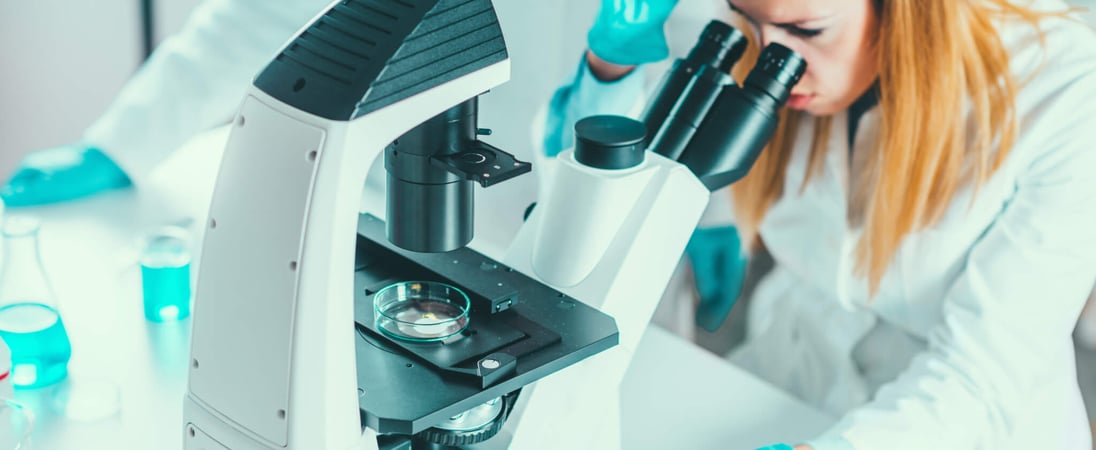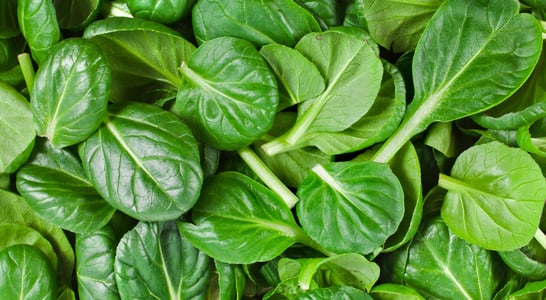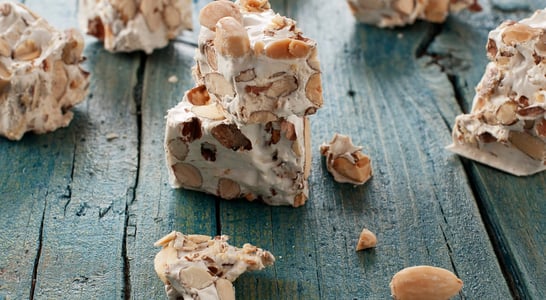
National Science Appreciation Day
This noble pursuit of knowledge unveils the wonders of creation, empowering humanity with innovation and understanding.
Modern science has changed so much in such a short time! And sometimes humans have a tendency to take it for granted.
With the purpose of acknowledging and celebrating the benefits of science, National Science Appreciation Day is here to pay special attention to the ways that science has benefited human outcomes, unleashed human potential and transformed the quality of life for so many on the planet.
How to Celebrate National Science Appreciation Day
Looking for ways to get involved and show some love for the benefits of science on National Science Appreciation Day? Get creative with ideas and perhaps get started with some of these:
Get Involved with ScienceSaves
One excellent way to show support for National Science Appreciation Day is to get connected to and involved with the ScienceSaves organization. Parents and teachers can access the website to download free resources for lesson plans, activities, videos and more. Students can also get an opportunity to apply for college scholarships on the same website.
This is also the place where concerned citizens can find more information about signing a petition and lobbying for their state governor to officially proclaim National Science Appreciation Day in the coming years.
Host a National Science Appreciation Day Event
Families, schools, universities, libraries, youth centers and other community organizations can take their cue from National Science Appreciation Day to host various events and activities to promote the benefits of science with their students or children.
Host educational speakers for older students, or allow them to participate by creating their own science exhibitions. Invite younger kids to get involved by participating in scientific experiments and games. It’s a fun time for children and adults alike to learn a bit more about science. Those who are looking for resources can find a kit at the ScienceSaves website.
Remember Some Important Scientific Contributions
Sure, perhaps these were learned about in history class in school, but many people have probably forgotten about the vital impact that some of these events have made on the entire world!
In addition to the reminder about the polio vaccine, check out some of these important discoveries or implementations in celebration of this year’s National Science Appreciation Day:
- Penicillin. Where would humans be today without access to antibiotics?! It’s frightening to even think about. Scottish bacteriologist Alexander Fleming had a chance experience in his London laboratory in 1928 that changed history. When he returned from vacation to find mold growing in a petri dish that prevented bacteria from growing around it, he discovered the first antibiotic.
- Electricity. It’s hard to dispute that lives would be completely different without electricity. Lights, computers, machines and so much more are dependent on the collaborative work of dozens of scientists in the 16th-18th centuries.
- Vaccines. Centuries prior to Salk’s contribution to preventing polio, the concept of inoculation was done “naturally” when healthy people would be intentionally exposed to smallpox in a practice called variolation. By 1776, Dr. Edward Jenner would introduce the world’s first successful vaccine through the use of cowpox on humans.
Visit a Science Museum
Science is all about learning and National Science Appreciation Day is the ideal time to grab a friend or family member and head over to a local science museum to have a fun day of experience and adventure. Consider visiting some of the most exciting and accessible science themed museums in the US, including some of these:
- Museum of Science and Industry in Chicago, Illinois. From the first diesel-powered stainless steel train and a German U 505 submarine to a recreated working coal mine and an interactive genetics decoding exhibit, this museum has loads of opportunities for learning and fun!
- Museum of Science in Boston, Massachusetts. This one offers more than 700 interactive exhibits as well as live presentations, digital learning opportunities and a planetarium with a domed IMAX screen
- Exploratorium in San Francisco, California. Founded in 1969 by renowned particle physicist, Dr. Frank Oppenheimer, this museum is about exploration, education and engagement
- COSI: Center of Science and Industry in Columbus, Ohio. Rated particularly high for families with children, this one offers over 300 exhibits that include experiences with the ocean, space, gadgets, engineering and so much more
National Science Appreciation Day FAQs
What is science?
Although it can manifest itself in complicated ways, science is simply the systematic study of the world.[1]
Does science need math?
Yes. Science and math are closely associated and scientists rely on mathematics to perform many tasks for statistics, analysis and more.[2]
What is computer science?
Computer science is simply the study of computers and computational systems, dealing mostly with theory, development and design of software.[3]
Should science be objective?
While the study of science should be objective, sometimes scientists have biases that prevent them from seeing the data properly.[4]
What is data science?
Data science is the study and examination of questions that need to be answered and where to find the data.[5]
History of National Science Appreciation Day
The idea for National Science Appreciation Day was the brainchild of the founder and chair of ScienceSaves, Todd Stiefel. After dreaming about it for several years, a grassroots petition campaign was launched by the Center for Inquiry (CFI) through the ScienceSaves campaign.
The date was chosen as a nod to Jonas Salk, marking the anniversary of the day he announced his development of the polio vaccine on March 26, 1953, which would subsequently save millions of lives. This landmark achievement represents just one of the ways that science and scientists have made the world a better, healthier place, especially in modern times.
The purpose of the founding of National Science Appreciation Day was to celebrate scientific achievements, raise awareness for the importance of critical thinking, thank the workers in science and medicine fields, and promote the inclusion of science in public policy throughout the United States – and maybe even all over the world!
In 2021, Steifel and a group from the Center for Inquiry Organization, in partnership with the Stiefel Freethought Foundation, lobbied with various state governments for the day to be established. In response, governors from ten states in the US agreed that National Science Appreciation Day is a vital one and issued proclamations for it to be celebrated. The states who agreed were bi-partisan, overcoming political barriers for the good of science, and the day will hopefully garner support from more states in future years.
The hope for National Science Appreciation Day is that scientists, medical workers, teachers, and average citizens will promote the day by telling stories about the ways that scientific advancements have been an improvement to quality of life, or have even been able to save lives!
National Science Appreciation Day Timeline
1590
The microscope is invented
A Dutch father and son, Hans and Zacharias Janssen, makers of eyeglasses, create the first microscope. [1]
17th Century
Modern science is born
People begin examining the world more closely with instruments and keeping detailed records of their findings. [2]
1911
Marie Curie receives her second Nobel Prize
Curie was the first woman to win two Nobel Prizes and the only woman to win in two different fields. [3]
1953
Double Helix DNA is identified
Watson and Crick make a landmark discovery of the unique ladder shape of DNA. [4]
2022
First celebration of National Science Appreciation Day
Ten US states announce proclamations to launch the day in response to a grassroots petition campaign. [5]
Also on ...
View all holidaysPurple Day
Raising awareness about a condition that affects millions worldwide is vital in promoting understanding, education, and compassion towards those living with epilepsy.
Good Hair Day
Healthy hair is happy hair! Give your locks the love they deserve and see the difference it makes in your confidence and style.
National Spinach Day
This leafy green is packed with nutrients to boost your health and energy. Add it to your meals for a tasty and nutritious boost!
National Nougat Day
This chewy, sweet treat is a perfect balance of crunchy and smooth, and makes a delicious addition to your favorite desserts!




